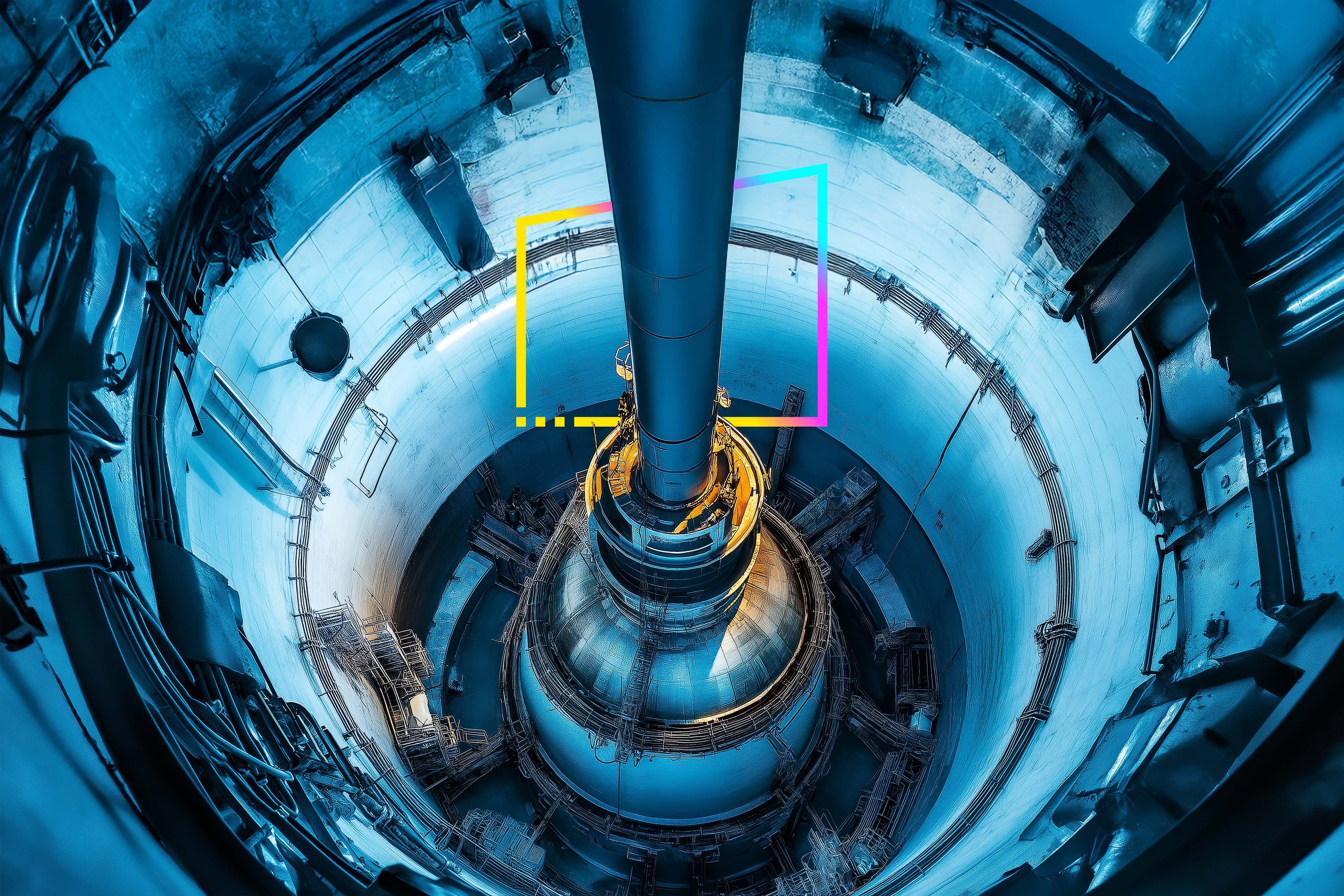EY refers to the global organization, and may refer to one or more, of the member firms of Ernst & Young Global Limited, each of which is a separate legal entity. Ernst & Young Global Limited, a UK company limited by guarantee, does not provide services to clients.
Supreme Court rules revaluation of capital assets of a firm by credit to partners’ capital accounts post admission of partners taxable as capital gains
This Tax Alert summarizes a ruling, dated 24 November 2022, of the Supreme Court (SC) in the case of Mansukh Dyeing and Printing Mills[1] (Taxpayer) on taxability of revaluation of capital assets of a firm by credit to partners’ capital accounts in their profit-sharing ratio (PSR) as a deemed transfer of such capital assets by the firm to the partners under old section 45(4) of the Indian Tax Laws (ITL) as it stood before substitution vide Finance Act, 2021. Old section 45(4) stated that, with effect from (w. e. f.) tax year (TY) 1987-88, profits or gains arising from the transfer of a capital asset by way of distribution on the dissolution of a firm or otherwise shall be chargeable to tax as income of the firm.
In the present case, in TY 1992-93, the Taxpayer admitted four new partners who contributed small amounts of capital to the Taxpayer. Shortly thereafter, the Taxpayer revalued land and building (held as capital assets) and credited huge gains on revaluation to capital accounts of all the partners in their PSR and two of the existing partners withdrew small amounts from their capital balance. The tax authority invoked old section 45(4) on the basis that huge gains on revaluation of capital assets credited to partners’ capital accounts was “in effect” a distribution of those capital assets by the Taxpayer to the partners, as the enhanced capital balance immediately became available to all the partners for withdrawal.
The Taxpayer contended that old section 45(4) was inapplicable as there was neither a transfer by way of distribution of capital assets by the Taxpayer to the partners, nor any transfer on account of dissolution of the Taxpayer or otherwise. The Taxpayer contended that there can be no income just due to revaluation of capital assets in the books of the Taxpayer, unless the capital assets themselves are also transferred.
SC held that, in the present case, credit of revaluation gain to partners’ capital accounts can be said to be in effect distribution of the capital assets valued at their fair market value (FMV). SC held that the partners’ capital accounts stood enhanced upon revaluation, which became available for withdrawal and in fact some of the partners had withdrawn such amounts subsequently from their capital accounts. Therefore, as per SC, such revaluation could be said to be a “transfer”, falling in the category of “or otherwise”, in terms of old section 45(4). SC also affirmed a Bombay High Court ruling in case of A.N. Naik Associates[2] , which held that the word “or otherwise” covers not only distribution of capital assets on dissolution but also subsisting partners transferring the firm’s capital assets in favor of a retiring partner. SC distinguished its earlier ruling in case of Hind Construction[3] which regarded revaluation of goods to be non-taxable as inapplicable to the present case, as its earlier ruling dealt with pre-amended provisions where the term “or otherwise” was absent.


